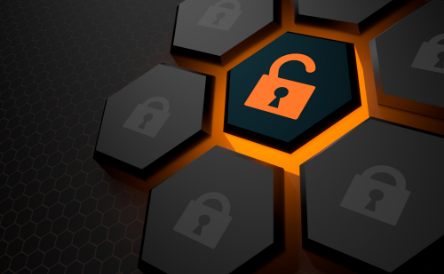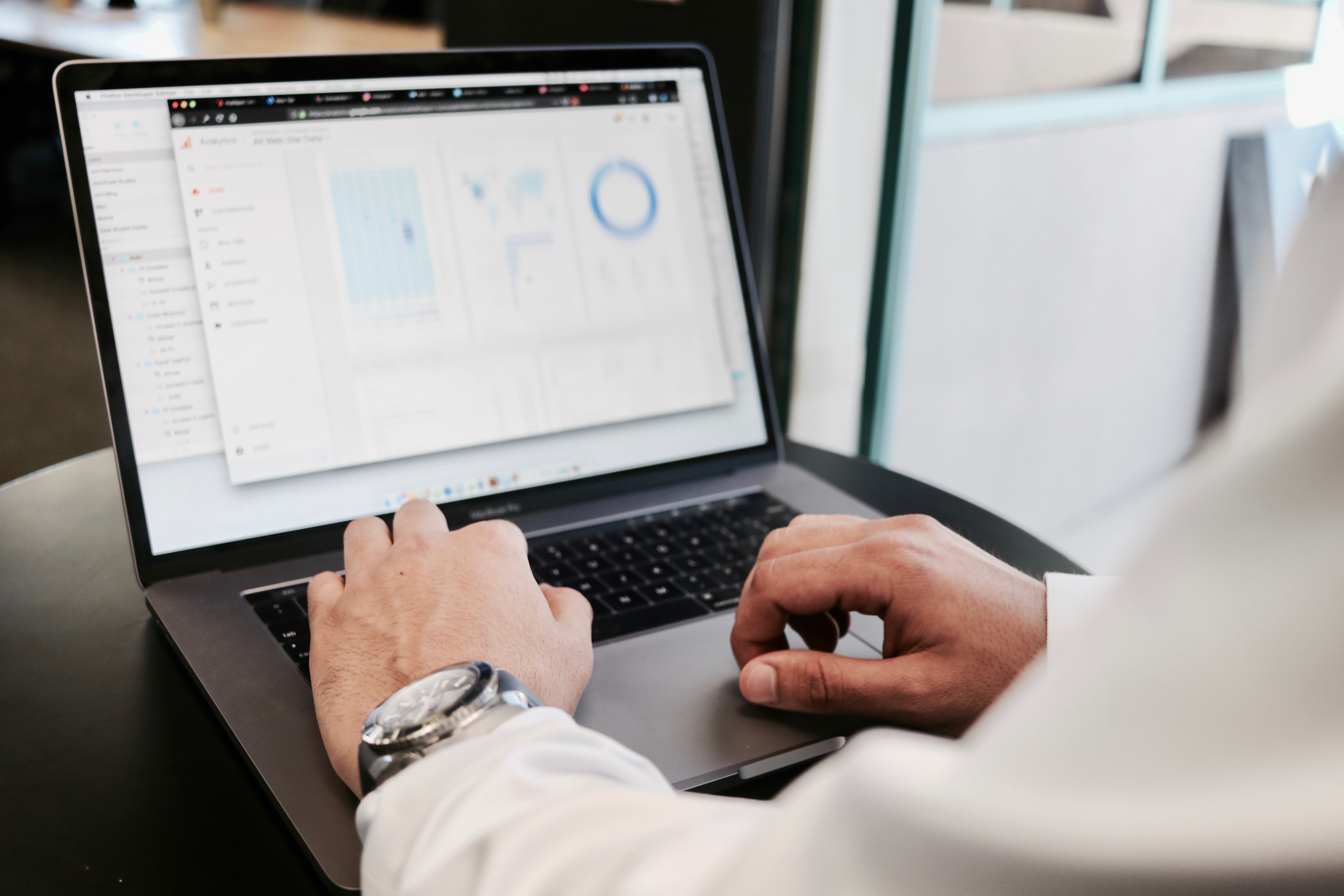The Future of The Workplace and How Cybersecurity Holds The Key
Recently, video-conferencing firm Zoom has agreed to pay $86m (£61.9m) to settle a class-action privacy lawsuit in the US due to privacy invasion...
3 min read
Freya : Updated on January 11, 2023
Over the last 2 years, businesses have had to move fast to adapt to the pressures of the pandemic; one of the primary developments we’ve witnessed has been an increased shift towards hybrid working. Hybrid working is a more flexible working arrangement, in which employees split their work time between the office and home.
As highlighted by Microsoft at the close of 2021, data showed that 81% of enterprise organisations had begun the move toward a hybrid workplace. With such a significant shift toward the hybrid work model, it’s essential for businesses to understand the cybersecurity implications of remote working and the ways in which you can protect your business interests.
Whilst hybrid working can provide a number of benefits to businesses – such as a more diverse employee pool, increased productivity, greater flexibility, and boosted wellbeing – it can also provide more cybersecurity concerns to your IT team. Here we’ve highlighted some of the primary concerns you should be aware of when implementing a hybrid work environment:
Businesses can implement what Microsoft have termed the ‘Zero Trust’ approach, based on minimising privileged access, increasing explicit verification, and assuming breach to minimise attacks. Microsoft specifies that the minimum number of users necessary should have admin access to sensitive data, also suggesting businesses verify end-to-end encryption in tandem with analytics to drive threat detection and improve defences. With a robust security plan in place, your business is less susceptible to attack and more prepared to rectify issues in the case of a breach.
Businesses can also minimise threat risk by providing employees with VPN access, and put in place strict policies surrounding personal device usage. Many enterprises have opted to provide employees with work devices, preventing the mix-up of personal and corporate equipment.
Arguably one of the most effective preventive cybersecurity measures is providing users with expert-led cybersecurity training. At Fitzrovia IT, we are able to provide security training, simulate phishing attacks and assess organisations’ overall user awareness. Simulated attacks provide an excellent method of preventative action, assessing which users are susceptible to future attacks and providing them with the tools to recognise and report similar incidents in the future. With awareness, employees can minimise attempted breaches, and thus protect your business and your client’s data.
It’s clear to see how hybrid working practices can benefit an enterprise, but how they can also provide security concerns for IT specialists. Employees must be made aware of the increased threat level induced by home working – and take adequate steps to protect themselves and their employer.
If you want to bring in our IT experts to provide cybersecurity training to your team, or if you want to further discuss the implications of hybrid working, contact one of our team today.

Recently, video-conferencing firm Zoom has agreed to pay $86m (£61.9m) to settle a class-action privacy lawsuit in the US due to privacy invasion...

COVID-19 saw huge changes in the structure of the workforce, with 557 million workers swapping their usual offices for home offices in the second...
 Read More
Read More